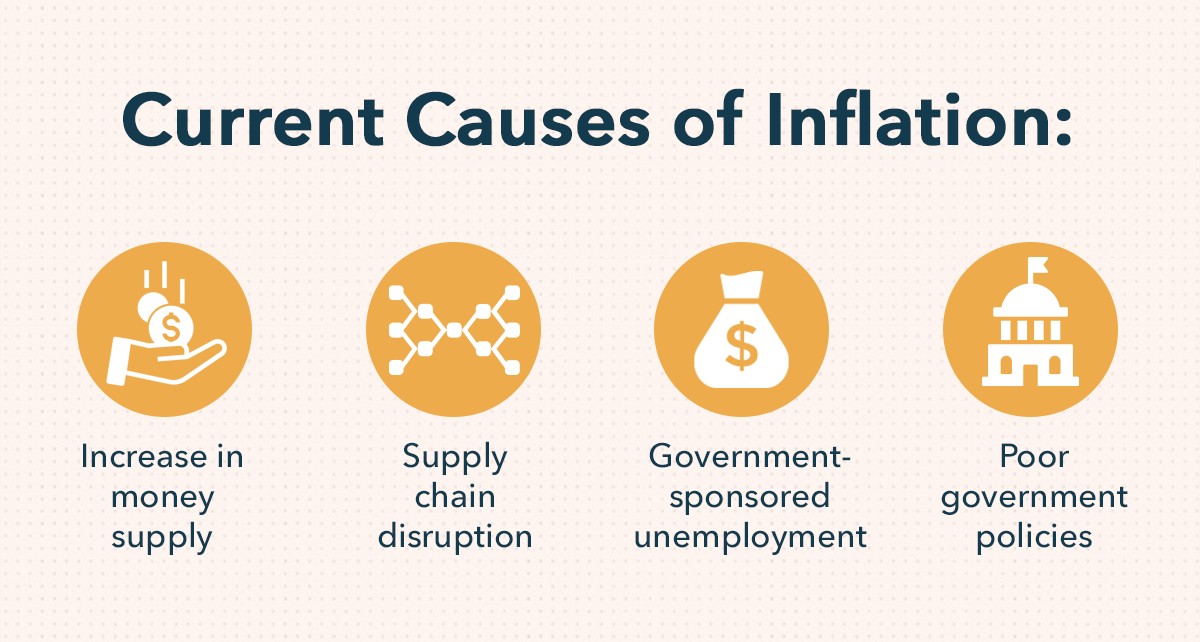Global Risk Briefing
Inflation Forecast of Srilanka
Inflation is an increase in the level of prices of the goods and services that households buy. It is measured as the rate of change in those prices. Typically, prices rise over time, but prices can also fall (a situation called deflation). Causes of inflation generally break down into two categories, demand-pull inflation, and cost-push inflation. In regards to current inflation, the main contributing factors include the increase in the money supply, worker shortages and rising wages, supply chain disruption, as well as fossil fuel policies.

The island nation of Sri Lanka is in the midst of one of the worst economic crises it’s ever seen. It has just defaulted on its foreign debts for the first time since its independence, and the country’s 22 million people are facing crippling 12-hour power cuts, and an extreme scarcity of food, fuel, and other essential items such as medicines.
The country relies on the import of many essential items including petrol, food items, and medicines. Most countries will keep foreign currencies on hand in order to trade for these items, but a shortage of foreign exchange in Sri Lanka is being blamed for the sky-high prices.
In March 2020, the COVID-19 pandemic struck. In April 2021, the Rajapaksa government made another fatal mistake. To prevent the drain of foreign exchange reserves, all fertilizer imports were completely banned. Sri Lanka was declared a 100% organic farming nation. This policy, which was withdrawn in November 2021, led to a drastic fall in agricultural production and more imports became necessary. A fall in the productivity of tea and rubber due to the ban on fertilizer also led to lower export incomes. Due to lower export incomes, there was less money available to import food and food shortages arose. Because there is less food and other items to buy, but no decrease in demand, the prices for these goods rise. In February 2022, inflation rose to 17.5%.
What will happen next?
In all probability, Sri Lanka will now obtain a 17th IMF loan to tide over the present crisis, which will come with fresh conditions.
A deflationary fiscal policy will be followed, which will further limit the prospects of economic revival and exacerbate the sufferings of the Sri Lankan people.
References:
What’s happening in Sri Lanka and how did the economic crisis start?
Comments
Post a Comment